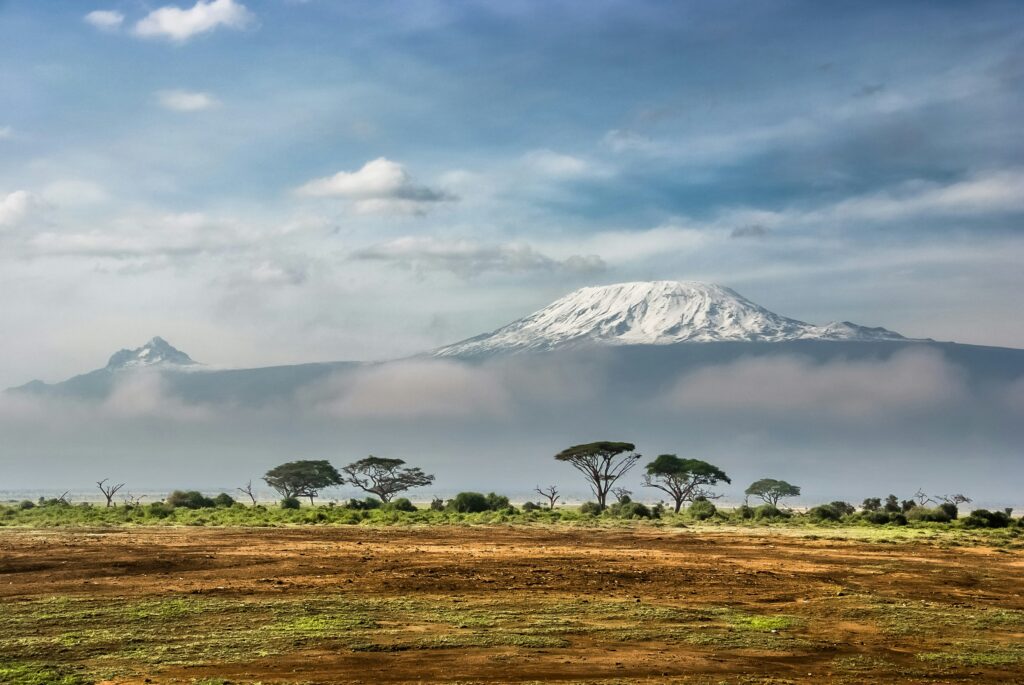
When I first planned my safari trip to Kenya, I was filled with excitement. The thought of seeing elephants roam the savannah and spotting a lion in the wild made my heart race. But alongside that thrill came a nagging question: Do I need malaria pills? It felt overwhelming. Navigating health advice can be tough, especially when you’re ready for adventure.
This post is here to break down the essentials about malaria pills and overall health tips for your safari in Kenya. Understanding these will help you enjoy your trip worry-free. Let’s get into the details.
Understanding Malaria Risks in Kenya
Before diving into pills and medications, let’s cover the basics. Malaria is a mosquito-borne disease that can be serious. In Kenya, areas like Nairobi and most of the western part of the country are at higher risk, especially during the rainy season. It’s important to be informed.
When Is the Malaria Risk Higher?
Kenya experiences peaks in malaria cases usually right after the rains. So, if you’re planning your trip between April to June or from October to November, be more cautious. Mosquitoes are more active then, and the risk increases.
But here’s the thing: even during the dry season, mosquitoes can still be around. It’s always smart to prepare.
Malaria Pills: Do You Need Them?
Now, onto the main question: should you take malaria pills? Generally, the answer is yes, especially if you plan to visit high-risk areas. These pills can provide extra protection. However, you should consult your doctor for personalized advice based on your health and travel plans.
Types of Malaria Pills
There are a few options for malaria prophylaxis. The most common are:
- Mefloquine: Taken once a week. However, some people experience side effects.
- Doxycycline: Taken daily. It also protects against some other infections.
- Atovaquone-proguanil (Malarone): Taken daily, but it’s typically more expensive.
Your doctor will help you choose the best option. Weight the pros and cons based on your itinerary and health history.
Other Health Precautions
Malaria pills are just one piece of the health puzzle. Let’s look at some other essential tips to keep you safe.
Vaccinations
Check with your health provider about recommended vaccinations. Hepatitis A, Typhoid, and Yellow Fever vaccines are often advised for travelers to Kenya. Some places require proof of vaccination, so do your homework.
Insect Repellent
Keep mosquitoes at bay with a good insect repellent. Look for something that contains DEET or picaridin. Apply it regularly, especially in the evening when mosquitoes are most active.
Wear the Right Clothing
Your wardrobe can be a great line of defense. Opt for long sleeves and long pants, especially at dawn and dusk. Light-colored clothing is also a plus since mosquitoes are attracted to dark colors.
Stay in Well-screened Accommodations
Book lodges or camps that have screened windows and doors. If you can, sleep under a mosquito net. It’s a simple layer of protection that can go a long way.
Staying Hydrated and Nourished
Safari trips can be demanding; hydration is key. Bring your refillable water bottle and always make sure you’re drinking safe water. Bottled water is usually your best bet.
As for food, choose places that look clean and have good reviews. Stick to cooked foods and avoid street food if you’re unsure about hygiene practices.
Know the Symptoms of Malaria
Even with precautions, know what to look for. Symptoms of malaria can appear between 6 days and several months after being bitten. You might experience:
- Fever
- Chills
- Headaches
- Muscle aches
- Fatigue
If you experience these symptoms, seek medical help immediately. Quick treatment is essential.
Final Thoughts
Traveling to Kenya for a safari is one of the most rewarding experiences you can have. But just a little bit of planning goes a long way in keeping you safe and healthy. Malaria pills and general health precautions may seem complicated, but they are crucial for a successful trip.
Take the time to consult with a healthcare professional, research, and prepare. It’ll help you focus on the awe-inspiring wildlife, the stunning landscapes, and the unforgettable memories you’ll make. You’re going to have an amazing adventure!
In the middle of planning? Don’t hesitate to check out more detailed information on CDC’s Traveler’s Health page. Safe travels!
**Related Reading:** – [Related: How to Plan a Solo Trip on a Budget] – [Related: Top Destinations for First-Time Solo Travelers] **#SoloTravel #Malaria #Pills #Safari #Kenya #Essential #Health #Tips #Adventure #Travelers**